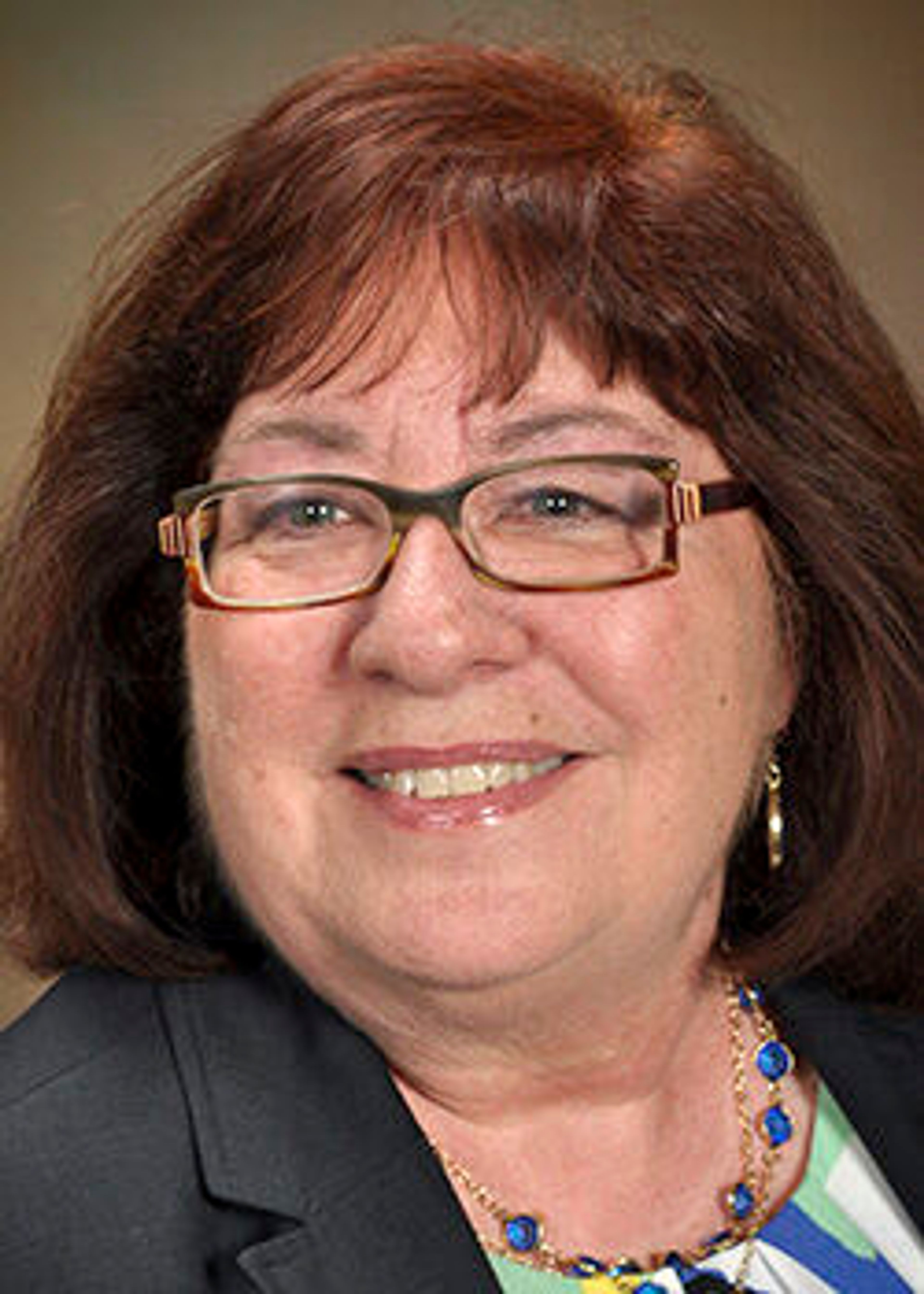No one wants to be considered a fool, especially in America.
But most Americans do not know about Holy Fools, people who give up everything to live their beliefs and encourage faith. They wander through life, often homeless, acting as a mirror of change either in religion, politics or society.
The idea of fools and foolishness has been on my mind a lot lately since reading Laurie R. King’s 1995 mystery novel “To Play the Fool.” King, a theologian who turned to writing mysteries in the early 1990s, spends a lot of time in the book explaining the history of fools.
Checking other resources, I found that fools have been around long before St. Paul coined the term “Fools for Christ.” Perhaps the most well-known fool is Basil Fool (for whom St. Basil’s Cathedral in Moscow, Russia, is dedicated).
There are some other Eastern Orthodox figures, although the Old Testament also documents prophets who might be considered fools, such as Isiah, Ezekial and Hosea. Technically, St. Francis of Assisi could be considered a Holy Fool.
Significantly, fools can be found in many religious faiths throughout the years. The basic principle of being a fool is to give up all worldly possessions for their beliefs. Many times, a fool will pretend to be insane to reflect specific actions back to society, fostering thought about making changes.
Often, fools go around half-naked, speaking in riddles, homeless and/or pretending to be psychic. They are also known to create disruptions to make a point.
Fools have a place in society, not just as religious folks but also for secular issues because fools are the observers who want people to change for the good of their souls and civilization. Unfortunately, we often do not recognize them for who they are.
In her book, King said Christianity is based on humility, not magnificence; in weakness lies strength. Far too many faiths have lost that idea in modern times. Too many, especially Americans, see any weakness as something to be avoided rather than embraced.
Thinking of the current political structure, far too many Americans are decrying the basic principles clearly said by Jesus — such as love their neighbor and forgiveness of others — as “weak” and therefore unworthy of action.
Therein lies a major division within society: letting anyone see care, love/affection, or compassion as a weakness. Funny, aren’t these the things most faiths are based upon?
Looking at my own background, shamans are considered wise healers, and yet the requirement of being a shaman means taking a forced control of parts of their lives, going from chaos to control. Conversely, the fool goes from normality into a form of insanity, living at the mercy of chaos. We seek shamans to help us find control, why don’t people seek fools to help them see the chaos?
If that last sentence does not seem to make sense, look at it this way: Fools are people who challenge the conversation, call out pretension and witness to a deeper meaning or spiritual wisdom. Maybe it is my own sense of logic, but being called to question often brings me greater clarity.
I am old enough to clearly remember the 1980s and '90s when televangelists and mega-preachers as well as sidewalk pastors regularly lined their own pockets at the expense of their followers through “love offerings.” Million-dollar mansions, jets and other luxuries were the rewards for the leaders; many times, followers were left in debt.
The chaos which followed, especially the federal court cases including tax evasion, made clear these leaders were not fools — some were exploiters — leaving their followers in deep doubt about their faith and position in society.
Conversely, fools live in poverty and serve their beliefs with a purpose; they have a higher calling by deliberately flouting society’s norms to make a point about faith or morality.
Perhaps we do need more fools — holy and secular — in society to help us question, seek out and define our own beliefs.
Tallent was a journalism faculty member at the University of Idaho for 13 years before her retirement in 2019. She is of Cherokee descent and is a member of both the Indigenous Journalists Association and the Society of Professional Journalists. She also writes for FaVS (Faith and Values) News.








